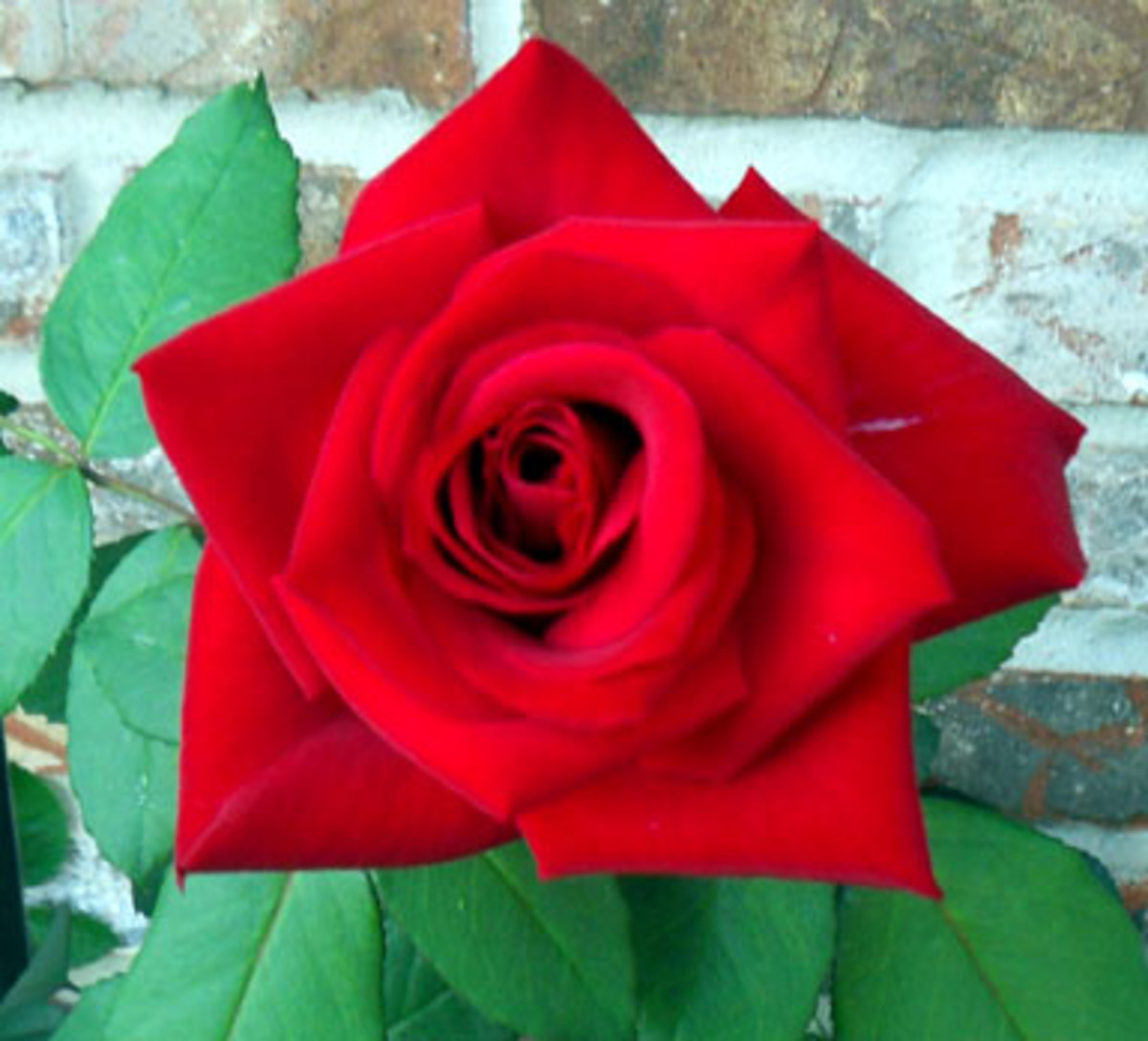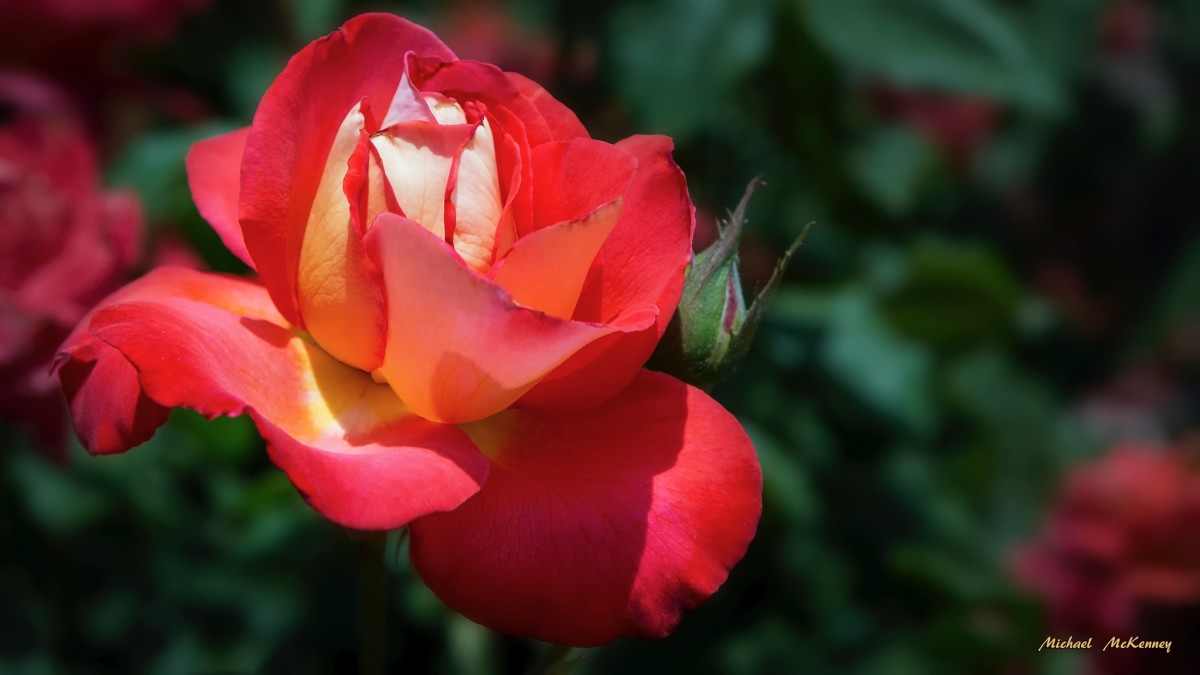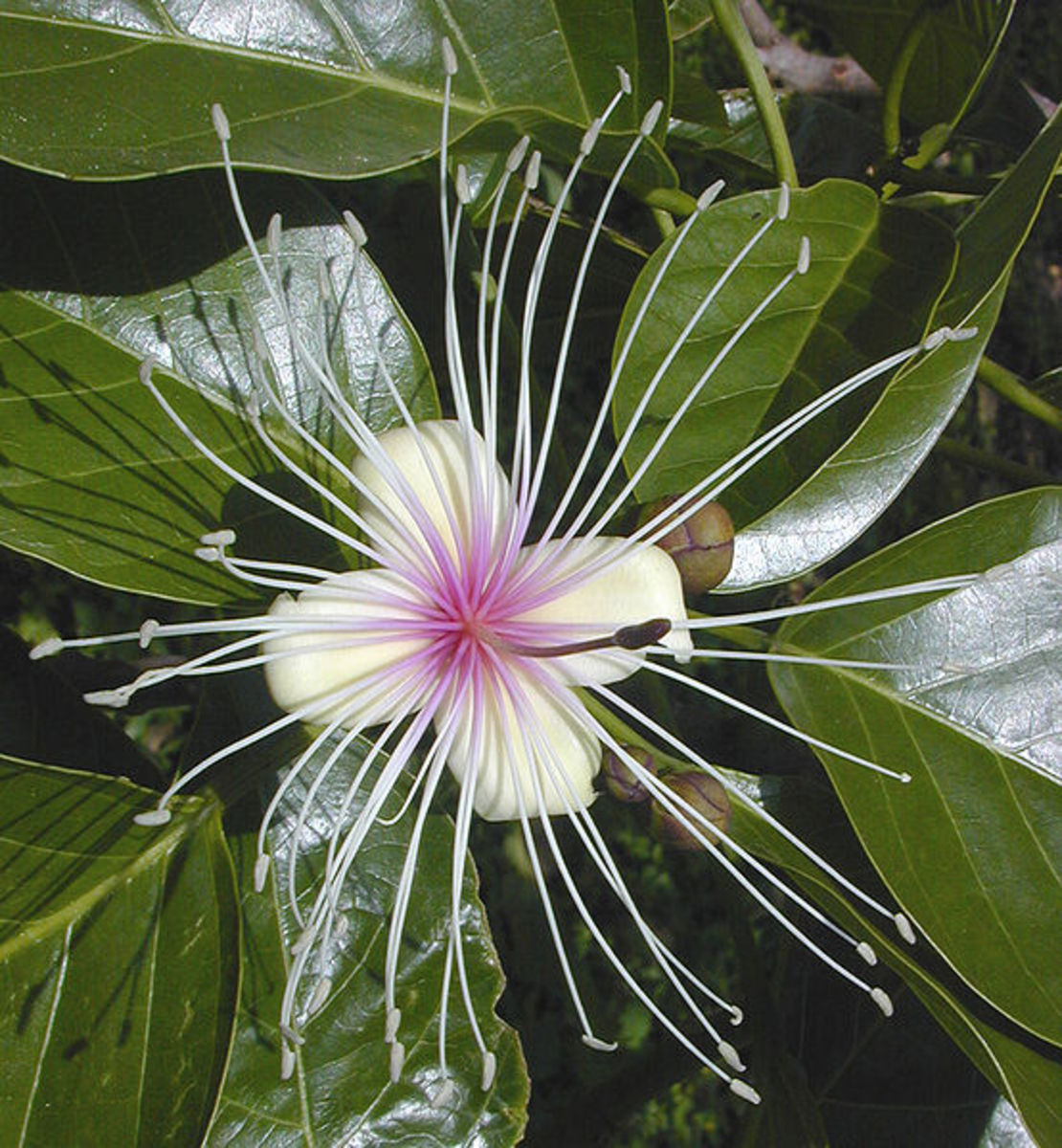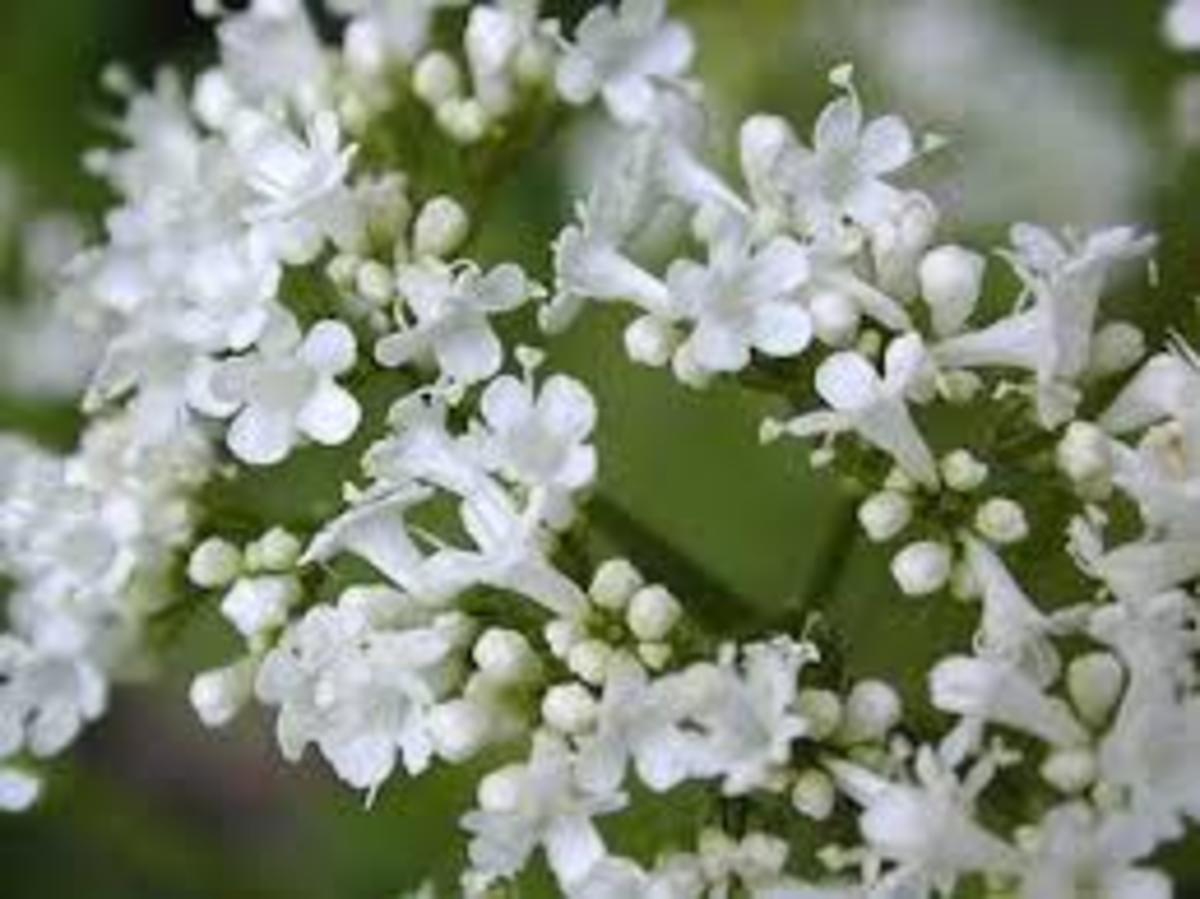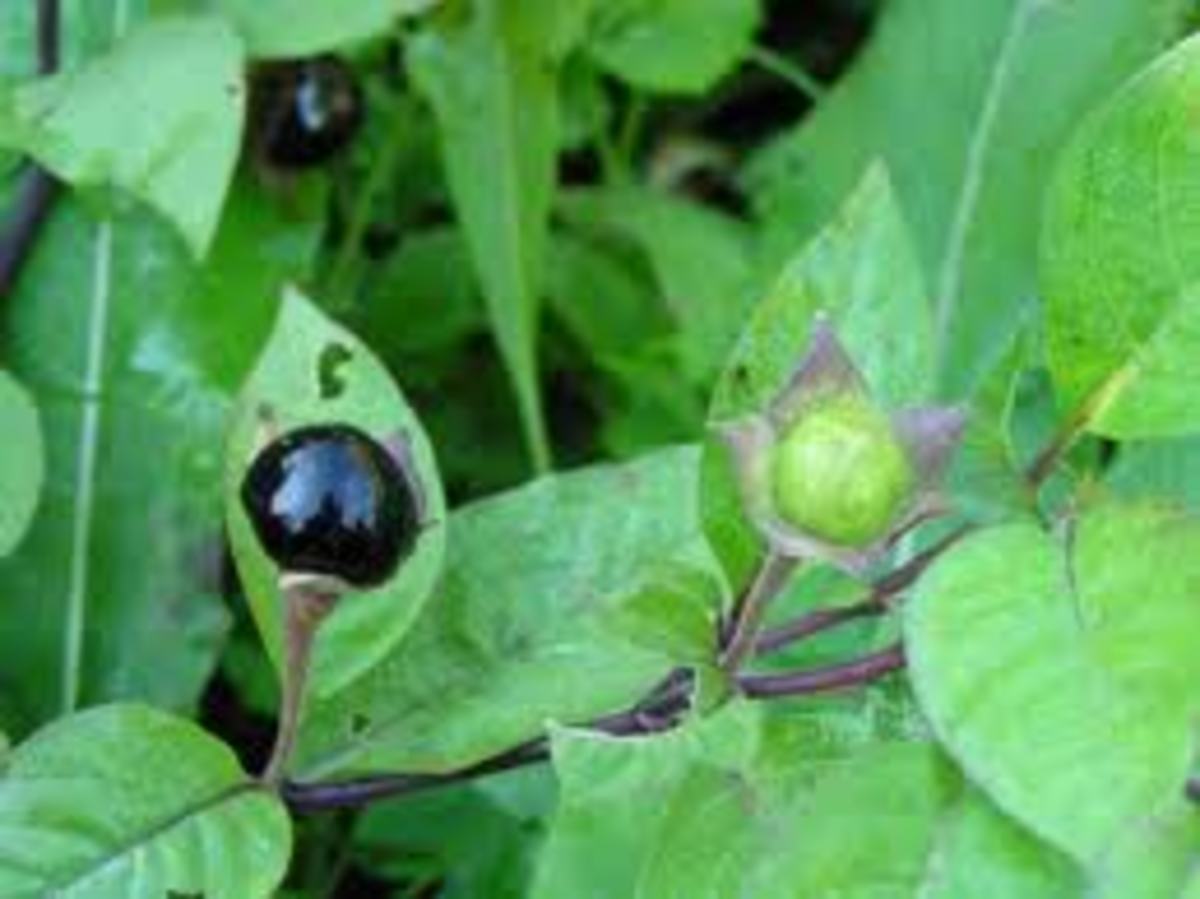- HubPages»
- Health»
- Alternative & Natural Medicine»
- Herbal Remedies
Herbs 101: Rose
History
Proven by fossil evidence, roses can date back around thirty five million years ago. The genus rosa has one hundred and fifty species and the cultivation of roses began five thousand years ago. Cultivation began most likely in China until the eighteenth century.
Roses are a symbol for love, beauty, war and politics.
During the seventeenth century, roses were In such high demand that royalty considered the flower and rose oil to be legal tender.
When the time of the eighteenth century came around, China introduced roses to Europe and that is when cultivation in the Middle East began to blossom.
Cultivation
Due to the many species of roses, growing roses depends mainly on what species of rose you choose.
Each kind of rose varies in what zone they thrive, how wide and high they grow, and the time they bloom. Hybrids and floribundas grow up to two to three feet high. Miniatures grow to be only ten to thirty six inches high. Dwarfs grow to be two feet high. Shrubs tend to grow large, fit for a growing a fence like hedge.
When growing roses, pay attention to the zones each type of rose and the time the type of rose blooms. To decrease pests and other problems, choose from a disease-resistant kind of rose.
If growing roses for cutting, consider the length of the stem, usually this is provide on the seed packet or on the tag in the pot.
Most roses need six to eight hours of sunlight, plenty of drainage, and rich moisture retentive soil.
Roses require more water than other landscape plants as they are heavy feeders,
As heavy feeders, roses heavily benefit from fertilizer that is full of nitrogen, phosphorus, and potassium.
Prune to increase the air circulation in the roses; prune any wilting, dead, and drooping buds.
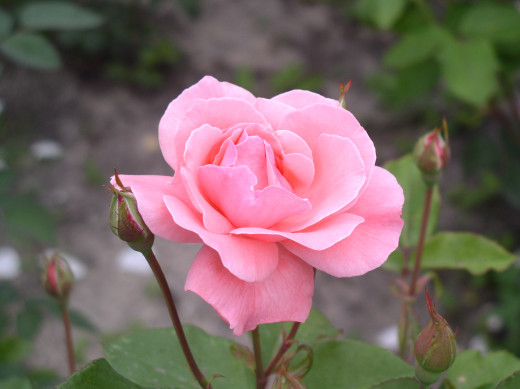
Uses and Benefits
- Rose water is an astringent that helps decrease swelling beneath the skin
- Rose petal tea cleanses the gall bladder
- Dry and crush rose petals into a powder to make tea
- Rose tea relieves sore throats and bronchial infections
- Rose water is a natural antiseptic
- Rose water improves hair growth and soothing of the scalp
- Rose water is used for being antibacterial, antiseptic, and anti inflammatory.
- Rose water is used to treat dry skin, dermatitis, and eczema
- Rose oil, used along with grapefruit or almond oil, can treat illnesses such as liver problems, nausea, fatigue, ulcers, asthma, dehydration, and bacterial infections.
- Rose water made with the leaves provides relief of constipation, clears blood, and soothes the mind.
This content is accurate and true to the best of the author’s knowledge and does not substitute for diagnosis, prognosis, treatment, prescription, and/or dietary advice from a licensed health professional. Drugs, supplements, and natural remedies may have dangerous side effects. If pregnant or nursing, consult with a qualified provider on an individual basis. Seek immediate help if you are experiencing a medical emergency.
© 2016 Jordyn Lee


